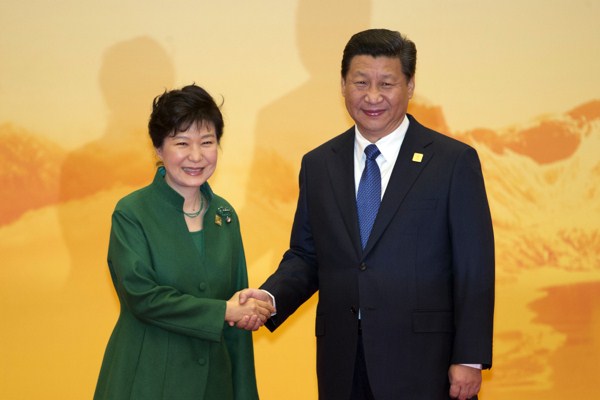I had the opportunity to spend the past week in China and South Korea discussing various issues related to U.S. policy toward Asia with government representatives, academics and think tank counterparts. In general, I found that some previously hot-topic issues had decreased in salience, even as there remains confusion over U.S. President Barack Obama’s strategic and tactical priorities in the region during his remaining two years in office.
One takeaway in particular seemed strikingly clear: The next U.S. president, whether Democrat or Republican, will need to take early action to dispel the misperception that Washington is either unwilling to defend diverse U.S. interests in Asia or incapable of doing so.
As part of my trip, which was supported by the Chinese and U.S. governments as well as the John D. and Catherine T. MacArthur Foundation, I spent almost a week in Chengdu, in the province of Sichuan, where I was later joined by a group of other American colleagues. We had a surprisingly frank and insightful discussion there with the faculty and students at the South Asia Studies Department of Sichuan University, whose members benefit from geographic proximity to Central Asia and the Indian subcontinent.

